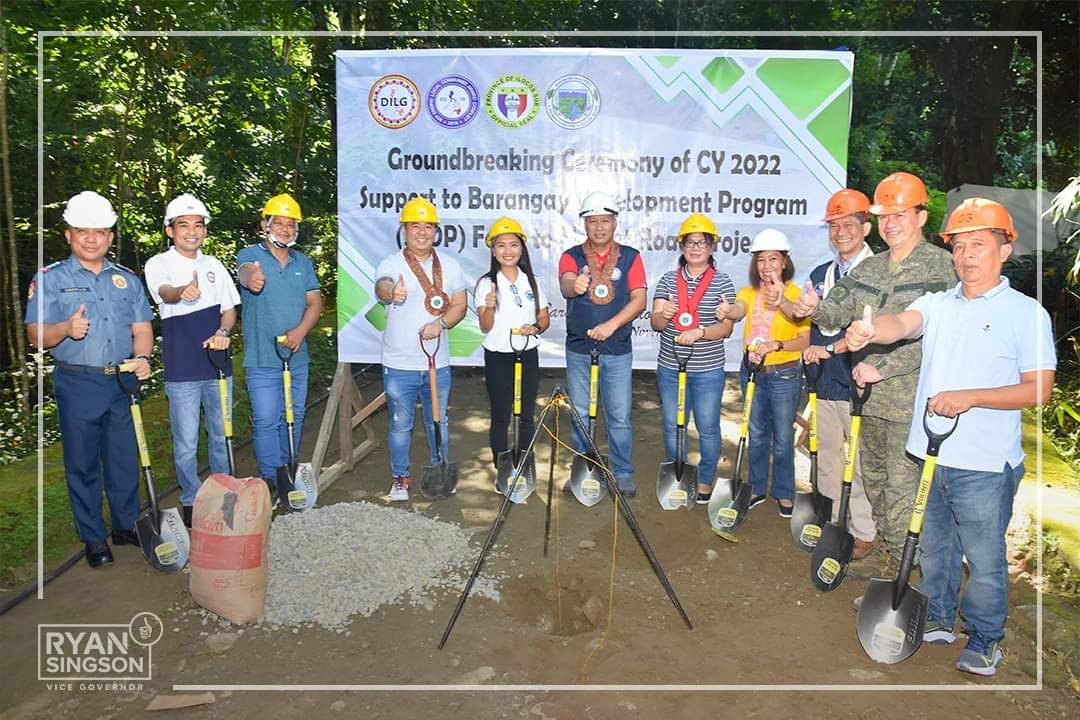By Robbie Pangilinan
Newborn screening (NBS) in the Philippines started in June 1996 and was integrated into the public health delivery system with the enactment of the Newborn Screening Act of 2004. Currently, NBS in the country only screens for five conditions, saving 45,283 patients from 1996 to 2010.

Imagine being able to screen for 71 newborn metabolic conditions. How many more infants can be saved?
Recent research shows that genomic technology, particularly genome-wide sequencing, can identify genetic causes for a much broader range of pediatric diseases much more effectively than conventional (biochemical) laboratory methods, like those being used today in the Philippines. Biochemical tests are also often inaccurate (particularly with preemie babies) and may give false negative results.
Genomics tests the child’s genetic make-up (DNA) for indications of abnormalities. Genetic testing is a direct method to identify the presence of a harmful mutation that may cause the manifestation of a particular condition. Genetic information may also aid in the identification of a “late onset” condition that may manifest later in a child’s life.
PHIX Genomics, coming soon to the Philippines, will offer NBS through genomics with a Newborn Panel that includes the testing of 99 genes clinically linked to 71 conditions, making it an all-inclusive method of newborn screening.





